Affiliate links on Android Authority may earn us a commission. Learn more.
What is Litecoin? — a short guide
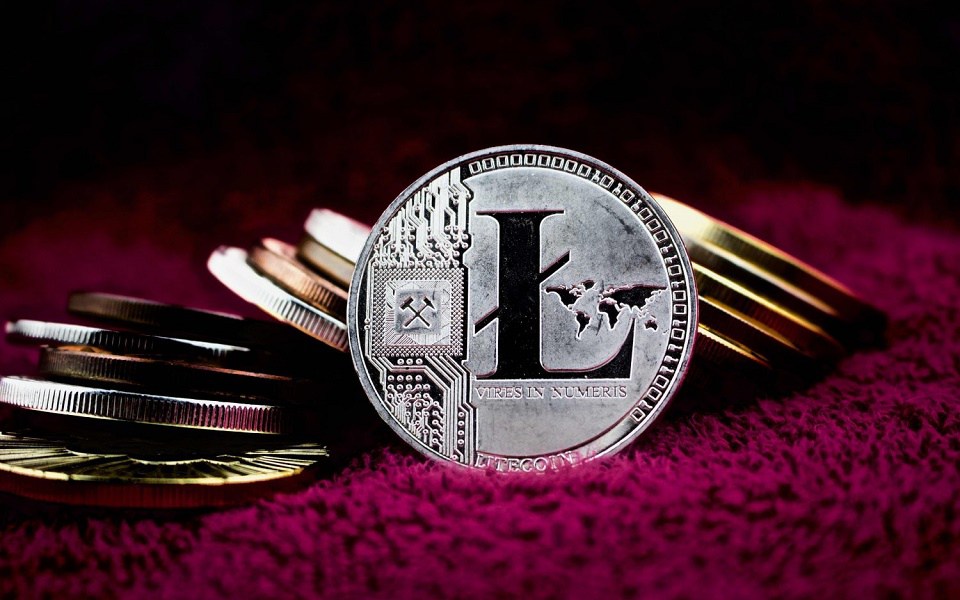
[aa_image src="https://www.androidauthority.com/wp-content/uploads/2018/03/Litecoin.-840x525.jpg" width="840" height="525" class="aligncenter size-large wp-image-843357"]
Litecoin is a cryptocurrency similar to Bitcoin. It lets you send money to a friend over the internet or buy something from an online retailer that accepts this method of payment. Unlike fiat currencies like the dollar and euro, Litecoin is not managed bу any authority like a central bank. It basically cuts out the middleman (banks and other financial institutions), which speeds up transactions, reduces fees, and offers anonymity. The cryptocurrency runs on a publicly disclosed blockchain that records each transaction.
Litecoin was founded in 2011 by a former Google employee by the name of Charlie Lee. His goal was to create a cryptocurrency similar to Bitcoin that would solve some of the issues Bitcoin is facing.
Litecoin vs Bitcoin — the differences
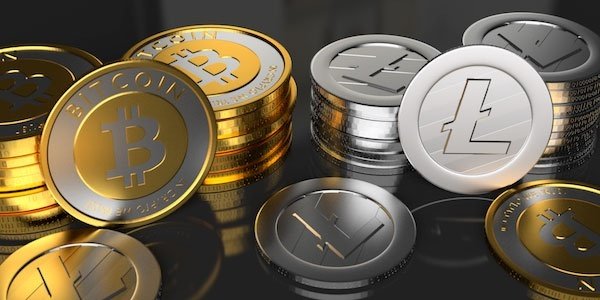
The basic idea of Litecoin and Bitcoin is the same. Both cryptocurrencies hold value and can be spent online or used as investments. They give you the option of doing business without the help of banks that typically charge high fees for international money transfers, which can also take up to a few days to get through the system.
Things are different with Litecoin and Bitcoin. For example, you can send someone a Litecoin almost instantly and pay a lot less in fees (more on this later) than you would by going through a bank. Although it’s worth noting that confirmation times and fees have been increasing as more people use Litecoin — as well as other cryptocurrencies.
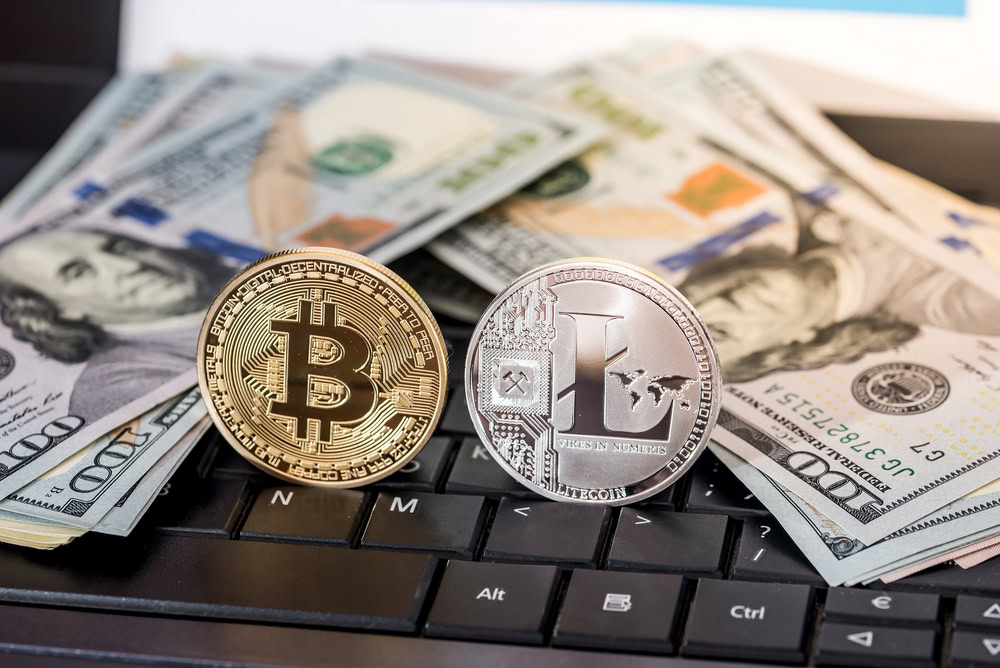
Although Litecoin and Bitcoin are similar on the surface, there are a few differences between them. The transaction processing speed is one of them. An average Bitcoin transaction takes around 10 minutes to get confirmed compared to Litecoin’s 2.5 minutes — this makes Litecoin four times faster than its biggest competitor. Then there are the transaction fees: sending someone a Litecoin costs approximately $0.25, while sending a Bitcoin will set you back around $2.5, according to BitInfoCharts.
Another difference between the two cryptocurrencies is the supply. The number of Bitcoins that can be mined is limited to 21 million, while the total number of Litecoins will never exceed 84 million. Around 55 million Litecoins are already in circulation, which means there are only 29 million left to be mined.

Litecoin and Bitcoin also use different hashing algorithms. The latter employs SHA-256, while Litecoin uses Scrypt that’s less complex and faster. The last difference between the two cryptocurrencies worth mentioning is their market size and popularity. Bitcoin is the largest cryptocurrency in the world by market cap (around $185 billion). Due to high demand and limited supply, one Bitcoin goes for approximately $11,000 at the time of writing.
Litecoin, on the other hand, is the fifth largest cryptocurrency by market cap (around $11 billion). As it’s less popular and has a lot more coins in circulation than Bitcoin, the price of one Litecoin is significantly lower at around $200 — check out the exact price for both currencies above.
How is it created and where can I buy it?
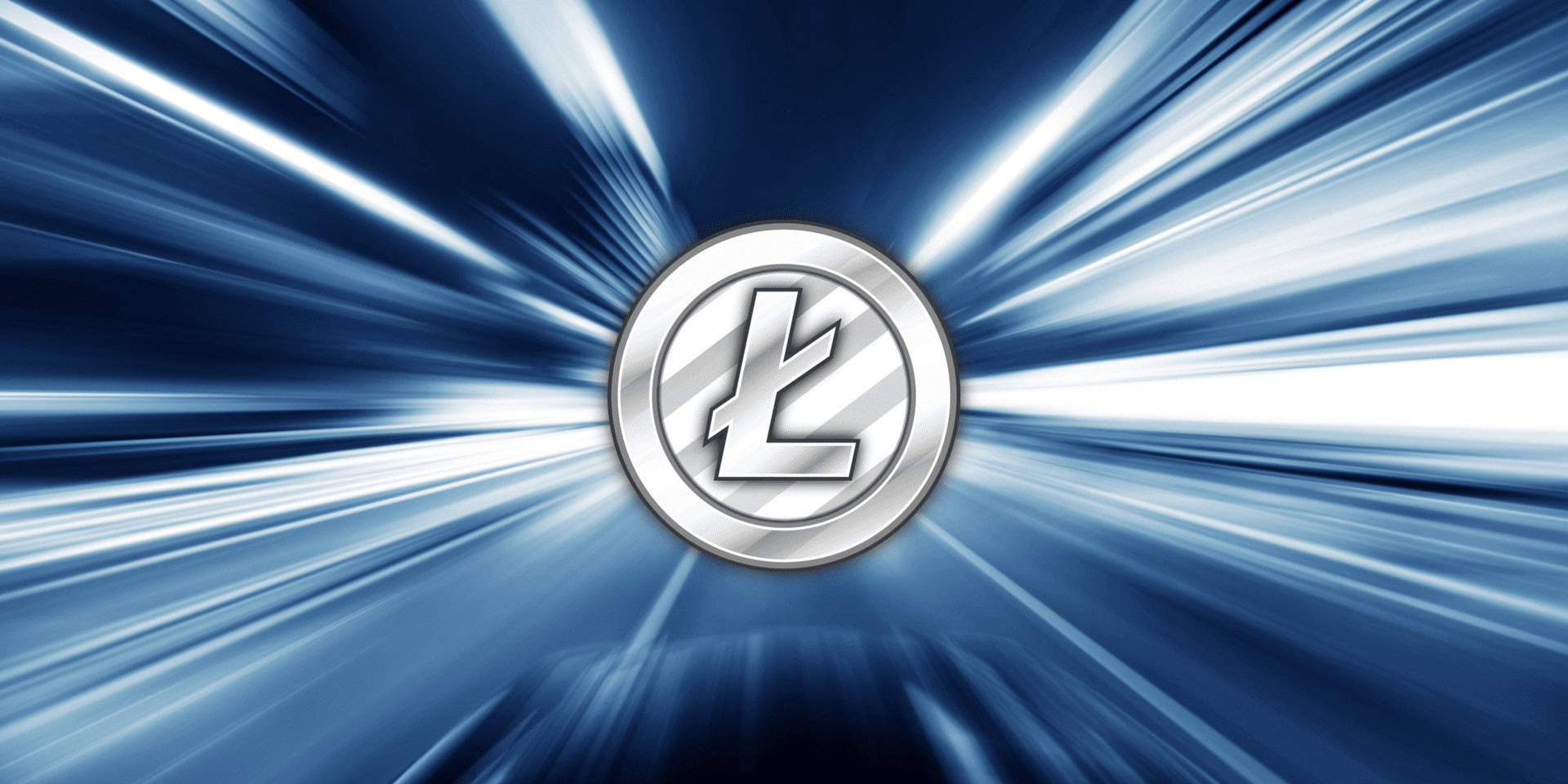
Litecoins are created through a process called mining, same as Bitcoins and most other cryptocurrencies. Mining involves solving complex math puzzles that can require specialized computer equipment. The first miner to solve the puzzle is rewarded with a few Litecoins created.

Mining is a complex process and definitely isn’t for everyone. Although it’s one way of getting your hands on Litecoins, there’s also a simpler option available. You can buy the cryptocurrency on many online exchanges with your local currency or Bitcoins — click here for a full list of providers.
Before you buy Litecoins, you have to know where you’ll store them. You have a few different options available including hardware wallets like the Ledger Nano S and desktop wallets including Litecoin Core, which is created by the Litecoin Development team.
Once the coins are in your possession, you can start spending them — unless they are a part of your investment portfolio. There are many companies that accept Litecoins as payment, all of which you can check out here.
Is it a good investment?

Litecoin has proven to be a great investment for those who bought it around a year or more ago, even though its price had dropped significantly over the last few months. For example, if you invested $1,000 in Litecoins in March 2017 when you could get one for around $4, you would have exactly $51,500 today. The number is based on Litecoin’s price at the time of writing — $206 — provided by CoinMarketCap.
If you invested $1,000 in Litecoins last March when you could get one for $4, you would have exactly $51,500 today.
For comparison, investing the same amount in Bitcoins at the same time would make you a profit of a little more than $10,000. That’s still a fantastic ROI (return on investment), but it pales in comparison with Litecoin’s.
However, that doesn’t mean Litecoin will continue to grow in value and be a great investment in the future. Cryptocurrencies are extremely volatile, meaning their price can go up and down significantly in a short period of time.
To give you an example, one Litecoin was worth as much as $370 in the middle of December 2017, according to the price chart provided by CoinMarketCap. Over the next month and a half, its price dropped to just $110 before it started climbing again. That means the cryptocurrency lost around 70 percent of its value during the short period mentioned. Yikes!
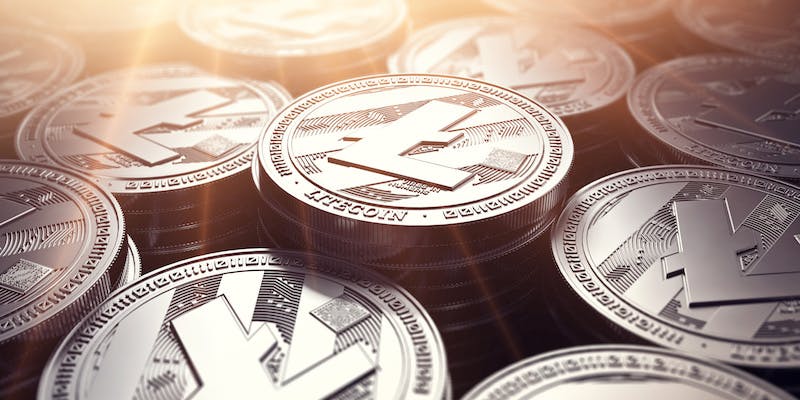
The truth is that no one knows in which direction the price will move. That means investing in Litecoin, as well as other cryptocurrencies, stocks, and forex, is risky business. So a word of caution: never invest more than you can afford to lose.
What about the other cryptocurrencies?
Now you know more about Litecoin, but what about some of the other popular cryptocurrencies out there? To learn even more, check out the following guides:
- What is Bitcoin?
- What is Ethereum?
- What is IOTA?
- What is Ripple?
- What is Dash?
- The best Cryptocurrency apps
Also feel free to share your thoughts on Litecoin with us in the comments below.